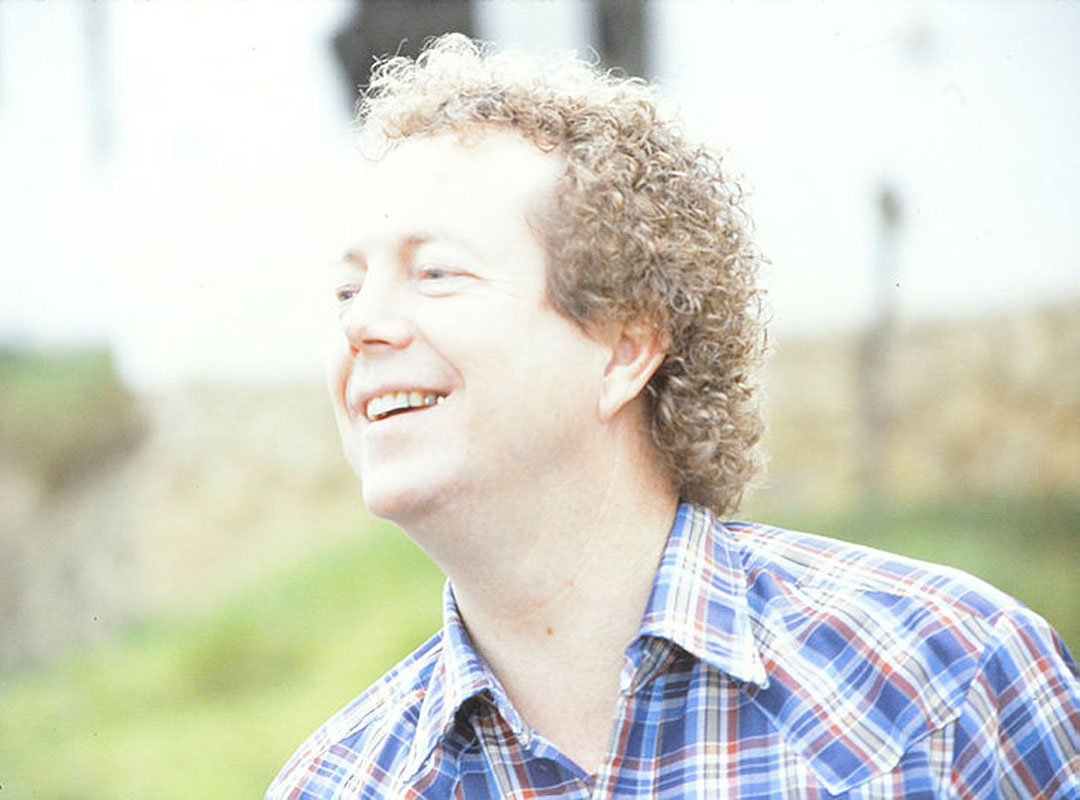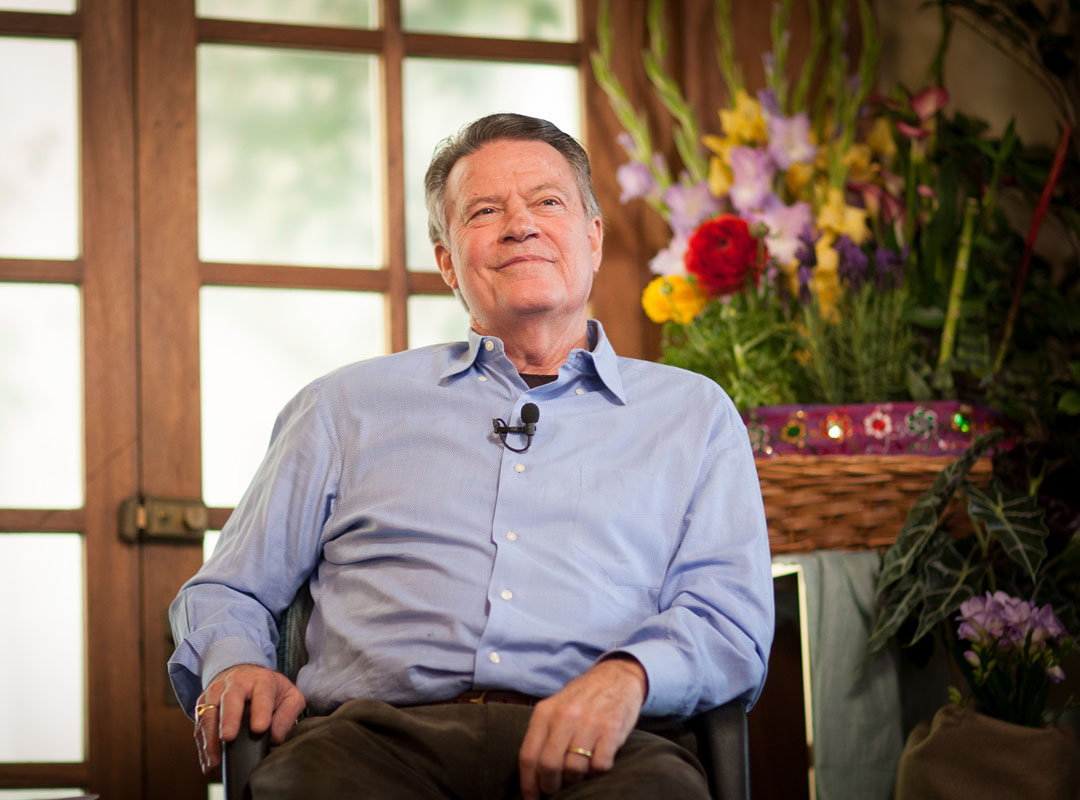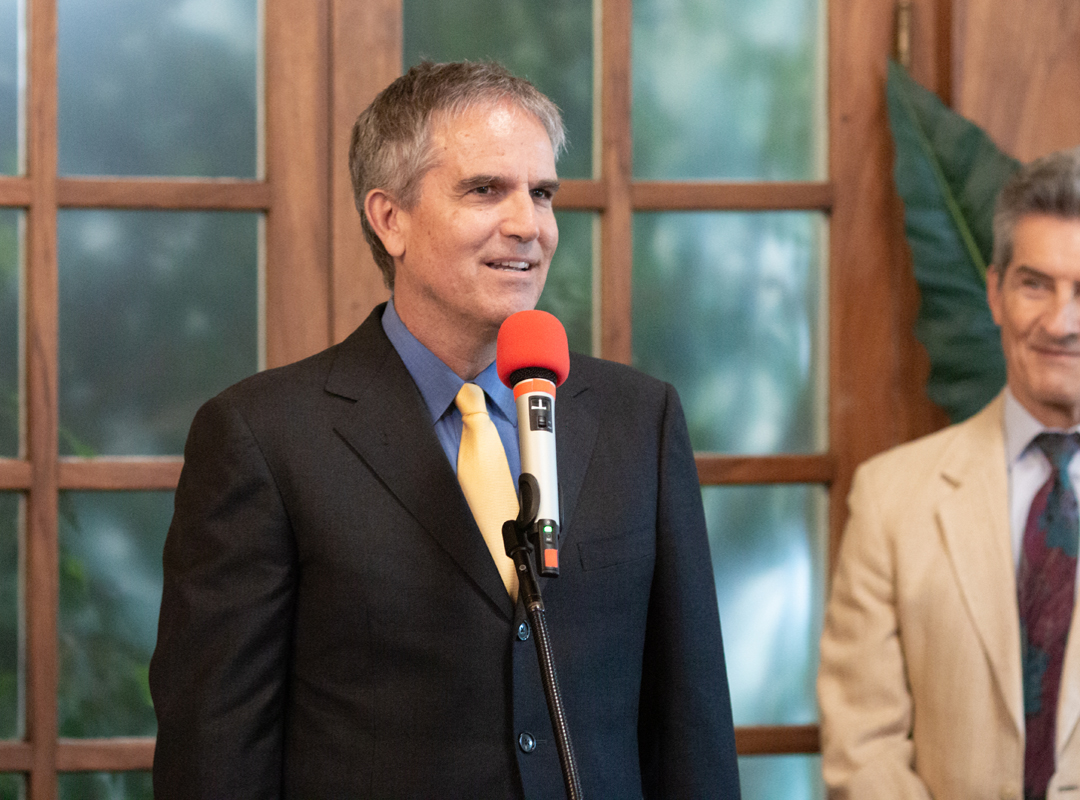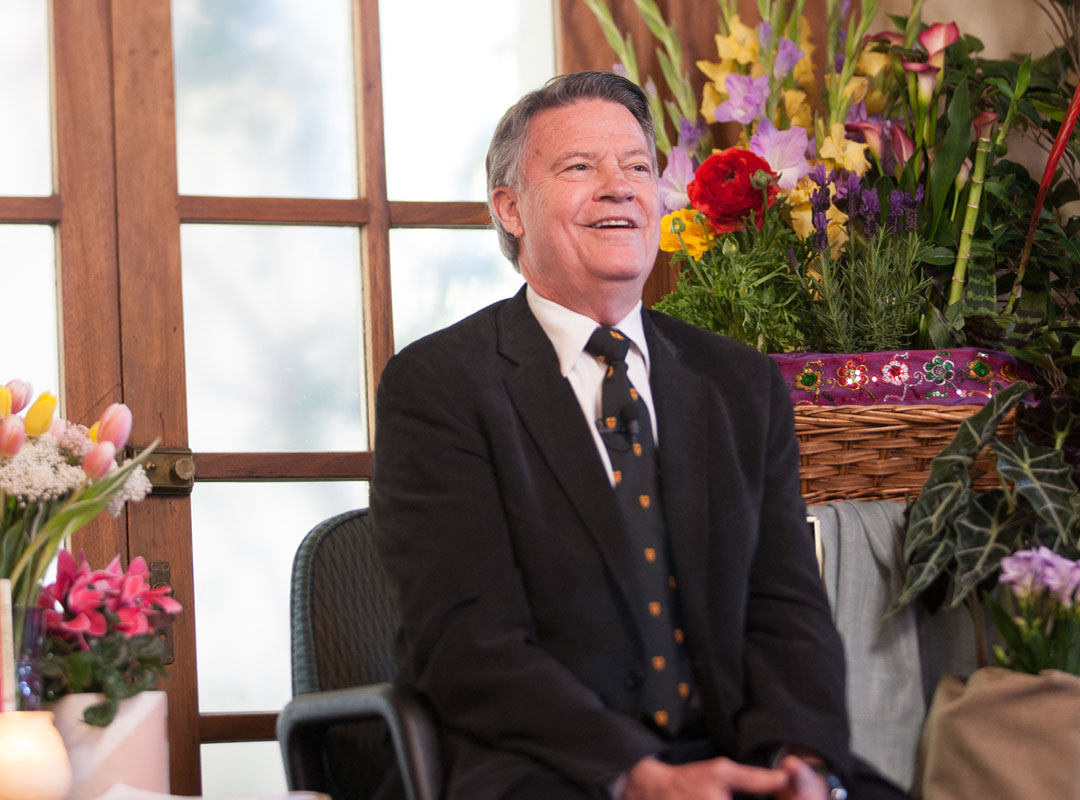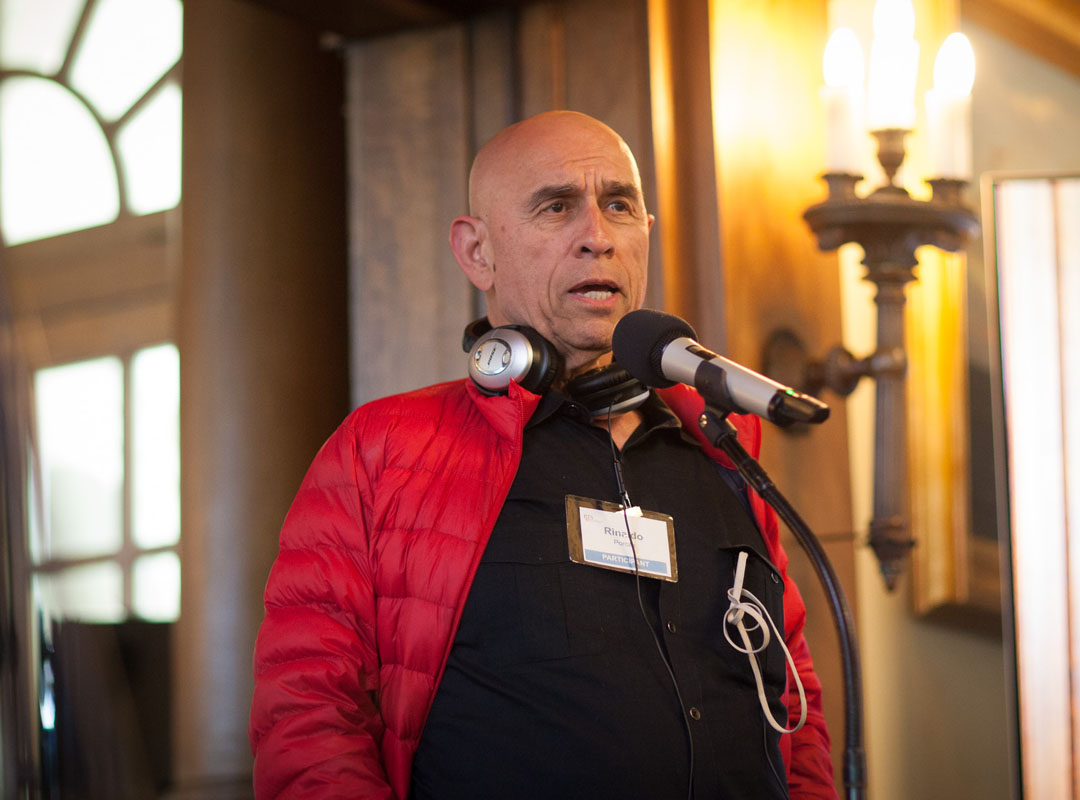Banner Image: Hortus Deliciarum, Pentecost : The sending of the Holy Spirit upon the Apostles (circa 1180).
Editor’s note: Whitsun (also Whitsunday or Whit Sunday) is the name used especially in Britain and Ireland, and throughout the world among Anglicans and Methodists, for the Christian festival of Pentecost, the seventh Sunday after Easter, which commemorates the descent of the Holy Spirit upon Christ’s disciples (Acts 2). (Wikipedia).
I think Whitsun is an underrated opportunity for celebration. After the trumpetings of Christmas and Easter it passes almost unnoticed with one meagre paragraph in the Acts.
However, the BBC, in its wisdom, marked this year’s Whitsun [Sunday, May 20th] with a new rendition of King Lear with Anthony Hopkins.
Do they on some level ‘know’ that Shakespeare gives Whitsun the Royal treatment with King Lear (Real King)?
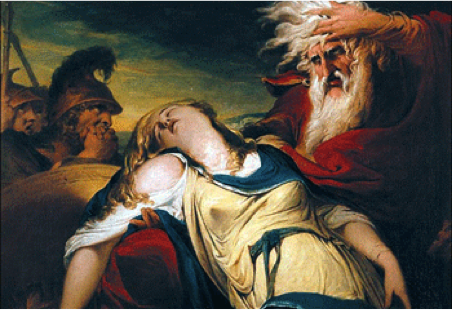 In Shakespeare’s hidden ‘theology’, Whitsun, occurring as it does just after the Ascension, celebrates the culmination of the Christ action (the birth, ministry, death, resurrection and ascension): the very moment when the ultimate purpose of Jesus’ ministry is fulfilled: the Sound Current, the Word made flesh, the Wind From Heaven, (The Tempest), the Holy Grail, lost to humankind by Adam’s dalliance with the mortal coils of ‘good and evil’, is restored into the human consciousness. All of us now has the potential of hearing ‘the harmony of the immortal soul’ by attuning within to the Word of God.
In Shakespeare’s hidden ‘theology’, Whitsun, occurring as it does just after the Ascension, celebrates the culmination of the Christ action (the birth, ministry, death, resurrection and ascension): the very moment when the ultimate purpose of Jesus’ ministry is fulfilled: the Sound Current, the Word made flesh, the Wind From Heaven, (The Tempest), the Holy Grail, lost to humankind by Adam’s dalliance with the mortal coils of ‘good and evil’, is restored into the human consciousness. All of us now has the potential of hearing ‘the harmony of the immortal soul’ by attuning within to the Word of God.
The audible element of the Holy Spirit restores the union of Sound with Light. The renewed wholeness of the Spirit, unseals the way out of the dilemma of good and evil, demon-strates the eternal forgiveness of God to all mankind regardless of tongue, race, creed, colour, situation, circumstance or environment.
Worth a tad more than a mere Bank Holiday, I’d venture.
Acts 2:1, King James Version
And when the day of Pentecost was fully come, they were all with one accord in one place. And suddenly there came a sound from heaven as of a rushing mighty wind, and it filled all the house where they were sitting. And there appeared unto them cloven tongues like as of fire, and it sat upon each of them. And they were all filled with the Holy Ghost, and began to speak with other tongues, as the Spirit gave them utterance.
Watch ‘blow winds’ video clip of Roger Allum’s Lear
Blow, winds, and crack your cheeks! rage! blow! You cataracts and hurricanoes, spout Till you have drench’d our steeples, drown’d the cocks! You sulph’rous and thought-executing fires, Vaunt-couriers to oak-cleaving thunderbolts, Singe my white head! And thou, all-shaking thunder, Strike flat the thick rotundity o’ th‘ world, Crack Nature’s moulds, all germains spill at once, That makes ingrateful man.
Once again Shakespeare’s genius penchant for seasoning his verse with cryptic, multi-dimensionally-muddled allusions to the key events in the Christ action of Jesus comes to the fore.
In Lear’s tirade, Shakespeare exalts the Wind from heaven, the fires of Pentecost on the head of Lear singeing his white hair, and the sounds it makes on its mystical travels through the lower realms of light: the thunder and the waters -flooding and washing clean, baptising the very seeds of life (germains) that spawned the monstrous birth, the ego of ungrateful man, that can never understand.
Particularly delightful is his pun on the word ‘cataracts’. On the one hand, a gigantic waterfall or rushing of water, on the other, a kind of blindness, a condition of the lens of the eye the prevents us seeing what’s right in front of us.
Of course, I wouldn’t put it past his inexhaustibly punning cunning to have created that other major player in the play, Fool, to be yet another clue to his deeper intention here – his fool is his wit, see? – I know, I’m pushing it, indulge me please!







